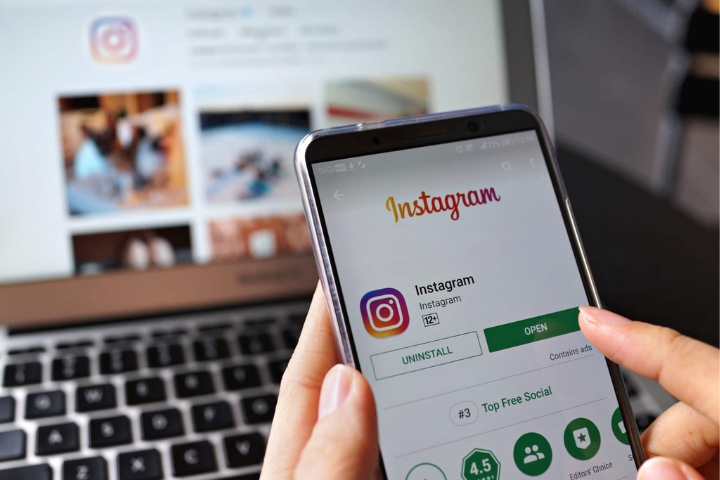Instagram is making a bold move to protect teen users by requiring them to have private accounts. This new policy will impact millions of teens and could have significant implications for their online experience.
Instagram Shows Concern About Teenagers Mental Health
Instagram is attempting to make the platform safer for kids by defaulting to private teen accounts in response to the growing outcry against the way social media impacts the lives of young people. Anyone under the age of 18 who signs up for Instagram starting on Tuesday in the United States, United Kingdom, Canada, and Australia will have their account placed into a teen account, and those who already have an account will have it migrated over the course of the following 60 days.
Later this year, accounts for teenagers in the EU will be changed. Teens may lie about their age, Meta admits, and it will be necessary for them to prove their age in more situations—for example, if they want to open a new account with a birthday that belongs to an adult. The Menlo Park, California-based corporation also revealed that it is developing technology that will automatically classify underage accounts into limited categories when it detects teen accounts that pose as adults.
Stated Meta. Teens who use Instagram for more than 60 minutes will also receive notifications, and from 10 p.m. to 7 a.m., a “sleep mode” will be activated, which disables notifications and automatically replies to direct messages. “The three concerns we’re hearing from parents are that their teens are seeing content that they don’t want to see or that they’re getting contacted by people they don’t want to be contacted by or that they’re spending too much on the app,” says Naomi Gleit, head of product at Meta. “So teen accounts are really focused on addressing those three concerns.”
Social Media’s Impact On Teenagers
Teenagers’ lives now revolve around social media because it provides a forum for communication, expression, and amusement. Its effects are intricate and varied, though. Social media can, on the one hand, facilitate information access, friendships, and creativity. Teens can learn about different cultures, engage with like-minded people, and share their passions.
Yet, excessive usage of social media can have unfavorable effects like addiction, mental health problems, and cyberbullying. Low self-esteem and anxiety can be exacerbated by being subjected to unattainable beauty standards, critical remarks, and continual comparison. Furthermore, teens’ mental health may suffer as a result of the ongoing pressure to maintain a flawless online persona.




GIPHY App Key not set. Please check settings